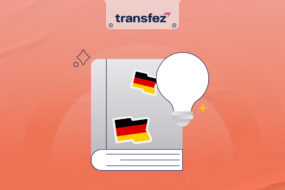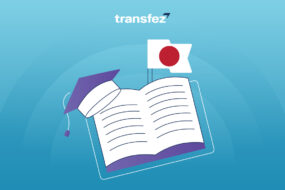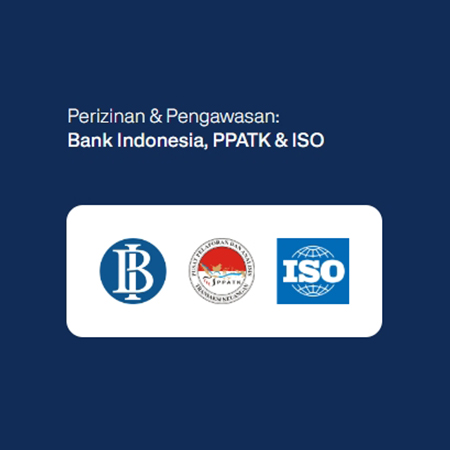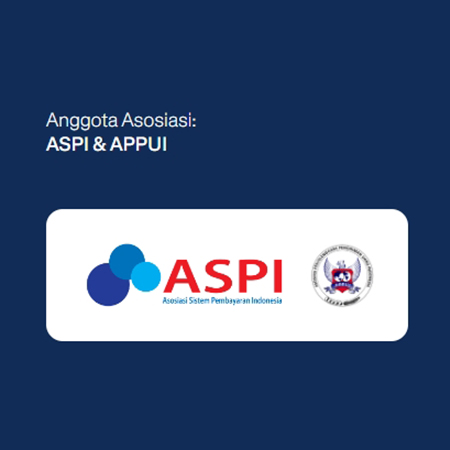Singapore is often recognized as one of the countries with the best education system in the world, especially in Asia. The proof? Children in this country consistently top international tests like the PISA (Programme for International Student Assessment). So, what’s the secret?
The Singapore education system is cleverly designed to produce an excellent generation—students who are not only smart in class but also well-prepared for the real world. This article explores the keys to Singapore’s educational success, which could inspire us all.
From high-quality teachers to a structured curriculum, Singapore has its own approach to ensuring student achievement. On top of that, the role of parents and technology adds the final touch to this strong system. Let’s break down what makes education in Singapore so special.
Also read: Transactions with Transfez Are Safe and Fraud-Free
1. High-Quality Teachers: The Backbone of the Education System

One of the main keys to Singapore’s education success is its outstanding teachers. The government is very serious about selecting and training them. The selection process is rigorous—only the best make it into classrooms. These teachers are not just smart, they’re trained to teach in engaging and effective ways. Every teacher must attend regular training to stay updated with the latest methods.
Imagine this—teachers in Singapore don’t just teach the basics. They’re encouraged to innovate. For instance, they can create fun ways to teach math or science. Their salaries are also competitive, ranging from IDR 33 million to IDR 67 million per month for new teachers, depending on experience. With this kind of support, it’s no surprise that teachers are the strong foundation of high-performing students.
Interestingly, according to the National Center on Education and the Economy, teacher quality played a big role in the 2018 PISA results, where Singapore ranked top in math, science, and reading. So, if we want a strong education system, we must start with great teachers!
Transfez, Send Money Easily to Over 70 Countries Worldwide
2. Structured Curriculum: Clear and Purposeful Learning
Singapore’s curriculum is like a well-drawn map for children. From primary to secondary school, every subject is designed with a specific goal: to equip students with strong foundational knowledge and practical skills. They don’t just memorize formulas—they’re taught to think critically and solve problems. For example, math lessons are not just about calculations, but also applying them in real life.
The system is also flexible. At the end of primary school, students take the PSLE (Primary School Leaving Examination), which helps determine their next path—academic or technical. This ensures every student learns based on their strengths and abilities. No one is forced down a path that doesn’t fit, and everyone gets a fair shot at success.
Even better, the curriculum is constantly updated to keep up with the times. The Singapore government knows the world changes quickly, so children must be ready with future skills like tech and communication. No wonder Singaporean students consistently shine in global competitions.
3. Parental Involvement: Support from Home

In Singapore, education isn’t just the school’s responsibility—it’s a family affair. Parents here are highly involved in their children’s learning. They don’t just tell kids to study—they accompany them and often enroll them in extra classes like English or math. This culture creates a supportive environment where kids are encouraged to succeed.
Many families see education as a “golden ticket” to a better future. They’re willing to invest their time and money to help their kids succeed. For instance, if a child falls behind, parents will find ways to help—whether through tutoring or studying together at home. This makes children feel fully supported, both at school and at home.
Interestingly, even though competition exists, parents are also taught not to put too much pressure on their kids. Singapore’s Ministry of Education often promotes the importance of balancing learning and play. As a result, kids stay motivated without feeling overwhelmed.
Read Other Transfez Articles About Education
7 Unique Facts About the Germany Education System You Might Not Know
What You Need to Know About UK Education System
A Complete Guide to the Education System in Australia
Understanding the Education System in USA from Start to Finish
4. Technology: A Modern Learning Companion
Singapore also excels at integrating technology into education. Schools are equipped with advanced tools like tablets, computers, and online learning apps. One example is the Singapore Student Learning Space, a digital platform that lets students learn anytime, anywhere. It was developed years before the pandemic, so when COVID-19 hit, they were ready for remote learning.
This technology makes learning more interactive. Imagine students learning science through digital simulations or practicing math with fun games. Teachers can also monitor student progress in real time. If someone is struggling, they can get help right away—no delays.
The government’s big investment in educational technology is also key. They go all out to provide the best facilities so students can thrive in the digital age. The result? Singaporean students aren’t just book-smart—they’re tech-savvy too.
5. Healthy Competition: Motivation to Keep Growing

Lastly, there’s a culture of healthy competition that defines Singapore. Kids are taught to strive for excellence, but in a positive way. Schools often host activities or tests that push students to improve their abilities. For example, the GCE O-Level exam is a major challenge that motivates them to study harder.
But this competition doesn’t lead to excessive stress. Singapore’s education system ensures kids still have time to grow outside academics—through sports or the arts. So, even with performance pressure, they can still enjoy their childhood. This balance helps students build resilience and readiness for future challenges.
What’s great is that this competitive spirit is also supported by the community. Friends, families—even neighbors—often cheer kids on toward success. This ongoing encouragement keeps their motivation high and academic results soaring.
Download the Transfez App
The Transfez app helps you transfer money overseas faster, more affordably, and more efficiently. Jack Finance can also support your business with international transactions. Whether you’re sending money to relatives studying, working, or traveling abroad, Transfez is ready to help. The app is available on Android and iOS. Download now!









